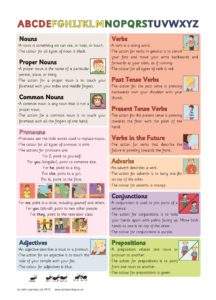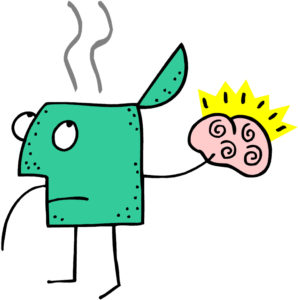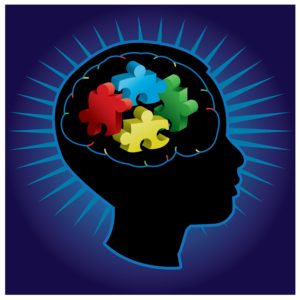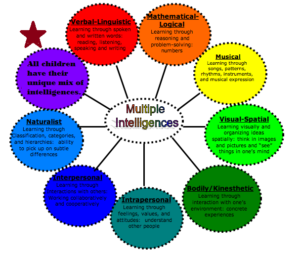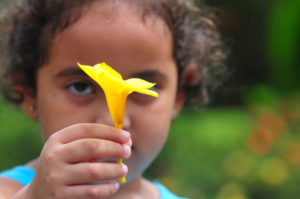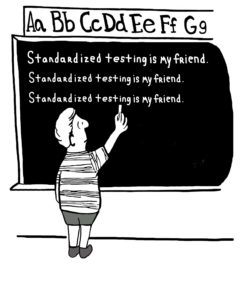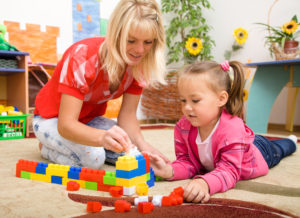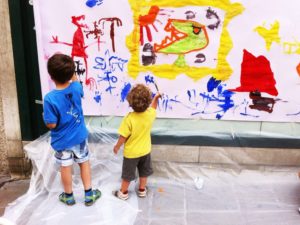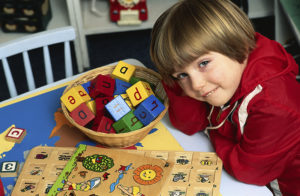Like most kids, I hated grammar at school. It consisted of long lists of thing with names like possessive pronouns and past participles and seemed totally unrelated to anything else in the universe!
Interestingly, (and somewhat sadly,) it did not appear to have any relationship with our writing lessons- these I adored!
I was totally surprised to find the JOLLY GRAMMAR program was actually interesting- with signs, actions and colours for each part of speech and easily relatable to writing. In fact, the Jolly Grammar program informs the writing program adding structure and coherence to children’s writing and empowering them to say exactly what they mean!
I have never in 20 years of teaching Jolly Grammar, had a child complain they  are bored, In fact they enjoy the power over the tricky English language it gives them and they particularly enjoy their improved writing!
are bored, In fact they enjoy the power over the tricky English language it gives them and they particularly enjoy their improved writing!
If you haven’t heard of JOLLY GRAMMAR I recommend you give it a try.
a try.
I also train teachers to use it and the results are excellent.
On Sunday 30th August I am offering a 2- hour INTRODUCTION TO JOLLY GRAMMAR session. This is suitable for all interested educators and parents and also works well as a revision session if you need a refresher.
Email me on victoriacarlton@iinet.net.au if you would lie to attend. It will be held over ZOOM from 4-6 this Sunday-31st August (Perth time) Cost is $80.
All attending teachers will receive a free copy of the GRAMMAR BUFFET game from my Teachers Pay Teachers store.
This truly is the only grammar program I have ever found to deliver consistent results and engage children so effectively. A Perth Principal will be sharing some of the research from her school at this session and you will learn a little about all levels of Jolly Grammar and the colours and actions for all the parts of speech. It will be a jampacked, fun-filled session! Hope to see you there!


